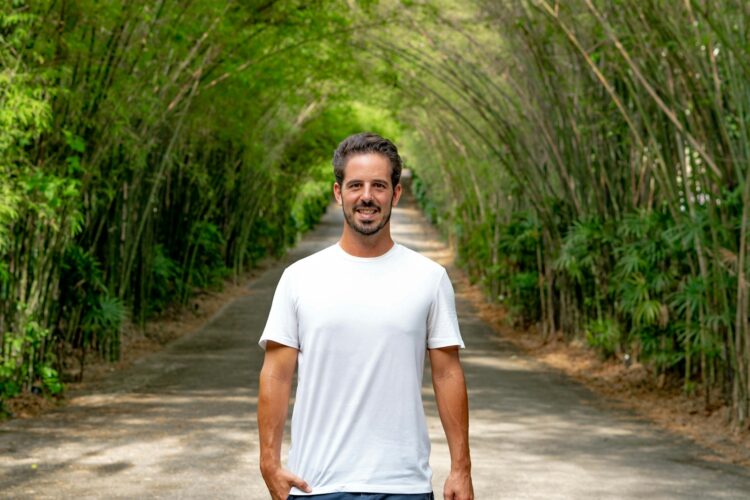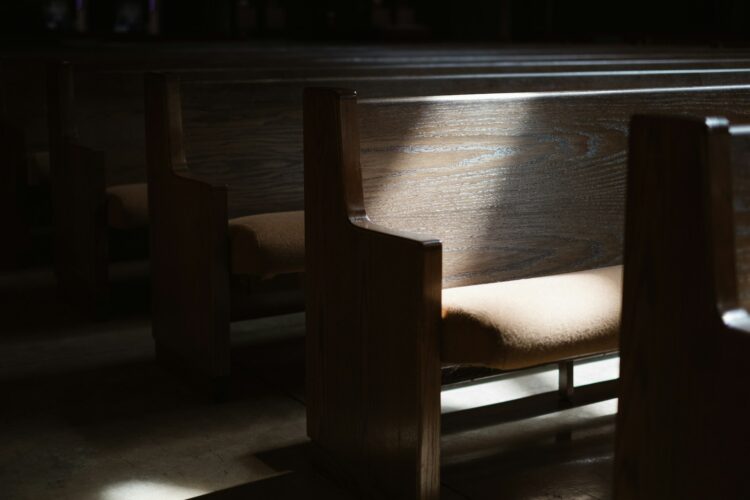
Growing up Catholic has never been simple, but today’s generation faces an especially complex mix of pressures. On one hand, they inherit centuries of tradition, wisdom, and practices that shape identity and values. On the other hand, they live in a world where faith is often dismissed, challenged, or even ridiculed. The result is a quiet tug-of-war between holding onto belief and fitting into a rapidly changing culture. Here are 15 struggles young Catholics often face.
Balancing Faith With a Fast-Paced Culture

Today’s culture thrives on speed: fast answers, fast entertainment, fast fixes. Catholicism, however, invites people into reflection, silence, and disciplines that take time. For a young Catholic, it can feel impossible to keep up with both worlds. Prayer requires slowing down, but everything else pushes them to speed up. This constant tension can leave them feeling like faith is inconvenient, even though it’s what they need most.
Explaining Beliefs to Non-Catholic Friends

Confession, the Eucharist, the Rosary — many Catholic practices confuse or even provoke questions from non-Catholics. A young Catholic may face classmates or coworkers asking, “Why do you confess to a priest instead of God directly?” or “Isn’t praying to saints idolatry?” Having to explain complex teachings without much confidence can be intimidating. They may even feel embarrassed about traditions that set them apart.
Coping With Church Scandals

For young Catholics, the faith is supposed to represent truth, safety, and integrity. But hearing about abuse scandals, corruption, or hypocrisy within Church leadership shakes that foundation. Many wrestle with the painful gap between what the Church teaches and what some of its leaders have done. This creates an inner conflict: wanting to stay faithful to God while feeling disillusioned with the institution.
Facing Pressure to Conform to Secular Values

Schools, workplaces, and online culture often promote values that clash with Catholic teachings on sexuality, family, morality, or success. Young Catholics can feel stuck between two worlds: their conscience and their desire to belong. If they hold onto their faith, they risk being labeled old-fashioned, judgmental, or “out of touch.” If they compromise, guilt eats away at them. This back-and-forth creates constant stress.
Feeling Judged Inside the Church

Ironically, many young Catholics feel less welcome inside their own parishes than outside. Older generations sometimes criticize them for their music, their casual dress, or their lack of “devotion.” Instead of feeling encouraged, they feel like outsiders in their spiritual home. This judgment discourages participation, making the church feel like a place of scrutiny instead of refuge.
Struggling to Stay Consistent With Prayer

Prayer is central to Catholic life, yet many young people find it the hardest habit to maintain. Between busy schedules, social commitments, and distractions from phones or schoolwork, prayer often gets pushed aside. When they finally sit down to pray, guilt over neglect can weigh heavily, creating a cycle of avoidance. They long for closeness to God but struggle to prioritize it.
Navigating Relationships and Dating

Catholic teaching places emphasis on chastity, commitment, and sacramental marriage — values that clash with today’s hookup culture. Young Catholics often face ridicule for wanting to wait or temptation to compromise when everyone else seems to live differently. They may feel torn between cultural expectations and their conscience. Even dating fellow Catholics isn’t always easier, since not everyone shares the same convictions.
Understanding Complex Church Teachings

Catholicism is rich with theology, traditions, and rituals — but for many young Catholics, it can feel overwhelming. Attending Mass without fully understanding what’s happening leaves them feeling disconnected. Questions about the Eucharist, the Trinity, or sacraments can feel too intimidating to ask. As a result, some drift away simply because they don’t grasp the meaning behind the practices.
Reconciling Science and Faith

For many young Catholics, classrooms and social media create the impression that science and religion are enemies. When professors or peers mock belief, it feels unsafe to bring faith into academic spaces. They may wonder: “Am I betraying my intelligence by believing?” The struggle lies in reconciling wonder for scientific discovery with belief in God as Creator. While the Catholic tradition supports harmony between science and faith, the loudest cultural voices push division.
Feeling Alone in Their Faith

A young Catholic who is the only believer in their friend group or family often feels like an outsider. Faith can become a solitary burden when there’s no one to walk alongside. They may hesitate to talk about their beliefs for fear of ridicule or dismissal. This loneliness makes staying committed harder, especially when it feels like everyone else is moving in a different direction. The quiet struggle is longing for community while carrying faith largely on their own shoulders.
Dealing With Social Media Pressure

Social media amplifies voices that often contradict Catholic values — glamorizing materialism, hookup culture, or lifestyles rooted in self-promotion. Young Catholics may feel tempted to curate a persona that earns likes but doesn’t reflect their beliefs. They also face a flood of opinions and arguments against religion that can erode confidence. Constant comparison with peers or influencers only makes it worse.
Carrying the Weight of Guilt

Catholic guilt is more than a stereotype — it’s a lived experience for many. Missing Mass, failing to pray, or struggling with sin can leave young Catholics overwhelmed with shame. Instead of running toward confession, some avoid it, which only deepens the guilt. The quiet struggle is learning to accept mercy without beating themselves up endlessly. For many, the hardest part isn’t believing God forgives — it’s forgiving themselves and letting go of the constant sense of failure.
Handling Peer Pressure Around Drinking and Party Culture

In college and young adult life, socializing often revolves around drinking, partying, and casual relationships. Saying “no” to these things can feel isolating, as though faith makes them boring or judgmental. Yet going along with the crowd often leads to regret. Young Catholics face constant peer pressure to blend in, and resisting it requires strength that isn’t always easy to find.
Staying Hopeful in a Broken World

Young Catholics are bombarded daily with bad news — war, corruption, climate disasters, inequality. Maintaining hope in a loving God while watching suffering unfold feels almost impossible. Cynicism can creep in, whispering that faith is naïve. Yet giving up on hope feels like giving up on the essence of belief itself. The challenge here is learning how to hold both — acknowledging the brokenness of the world while refusing to let despair have the final word. It’s exhausting, but essential.
Figuring Out Their Own Identity Within Catholicism

Many young Catholics inherit faith through family tradition, but eventually must decide if it’s truly their own. This process often involves questioning, doubting, or even stepping away for a time. It can be a lonely road — caught between loyalty to family expectations and the need for personal conviction. The challenge is transforming faith from something handed down into something lived authentically. This identity shift is hard, but it’s also where Catholicism becomes more than heritage — it becomes a chosen path.

